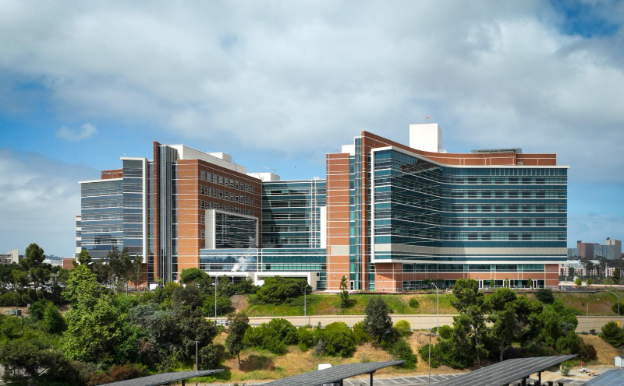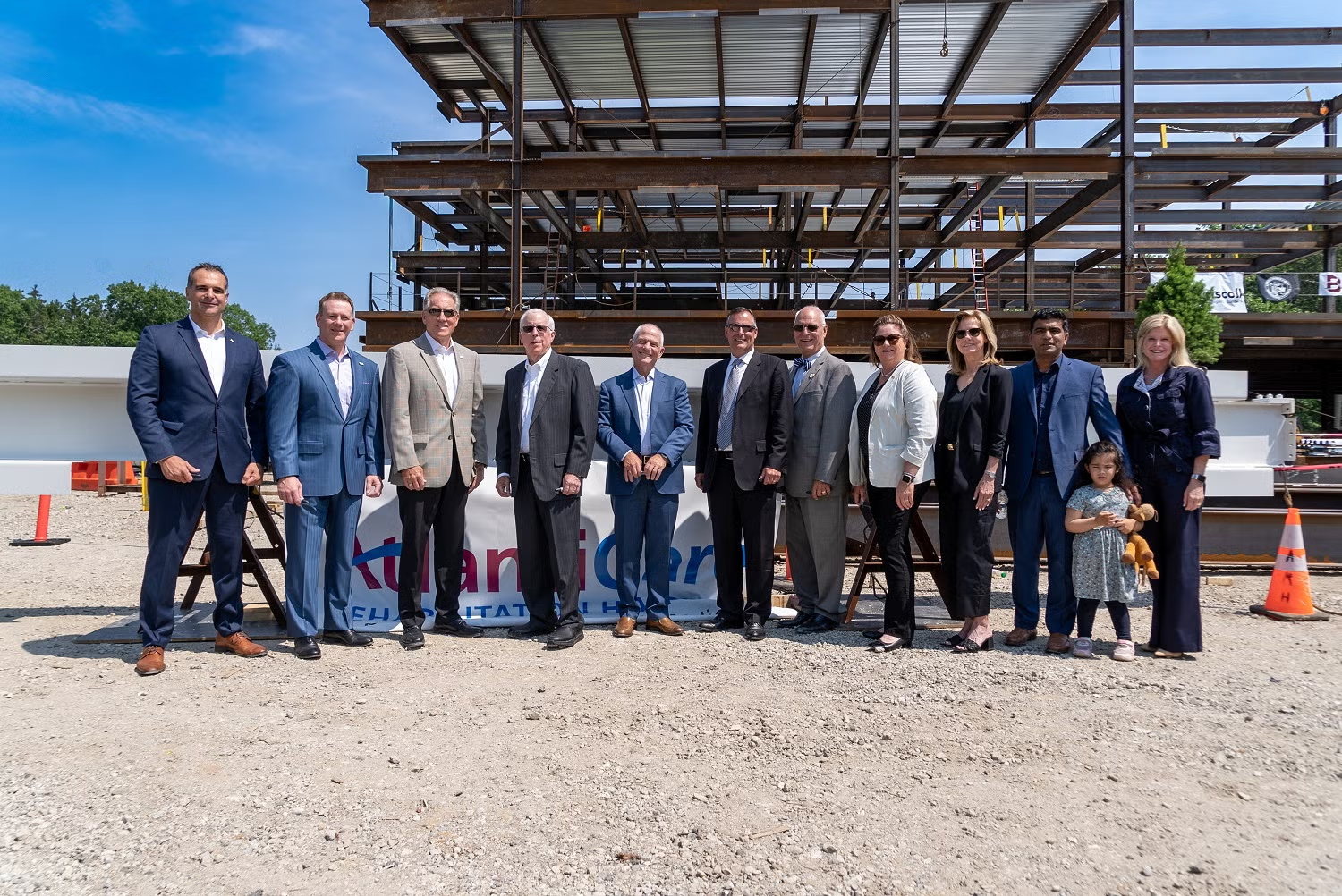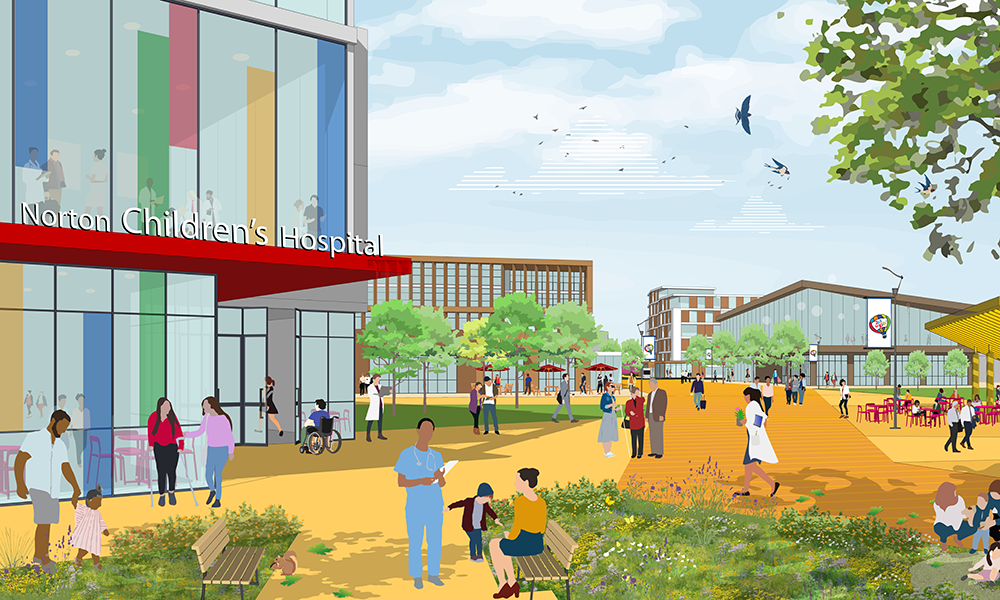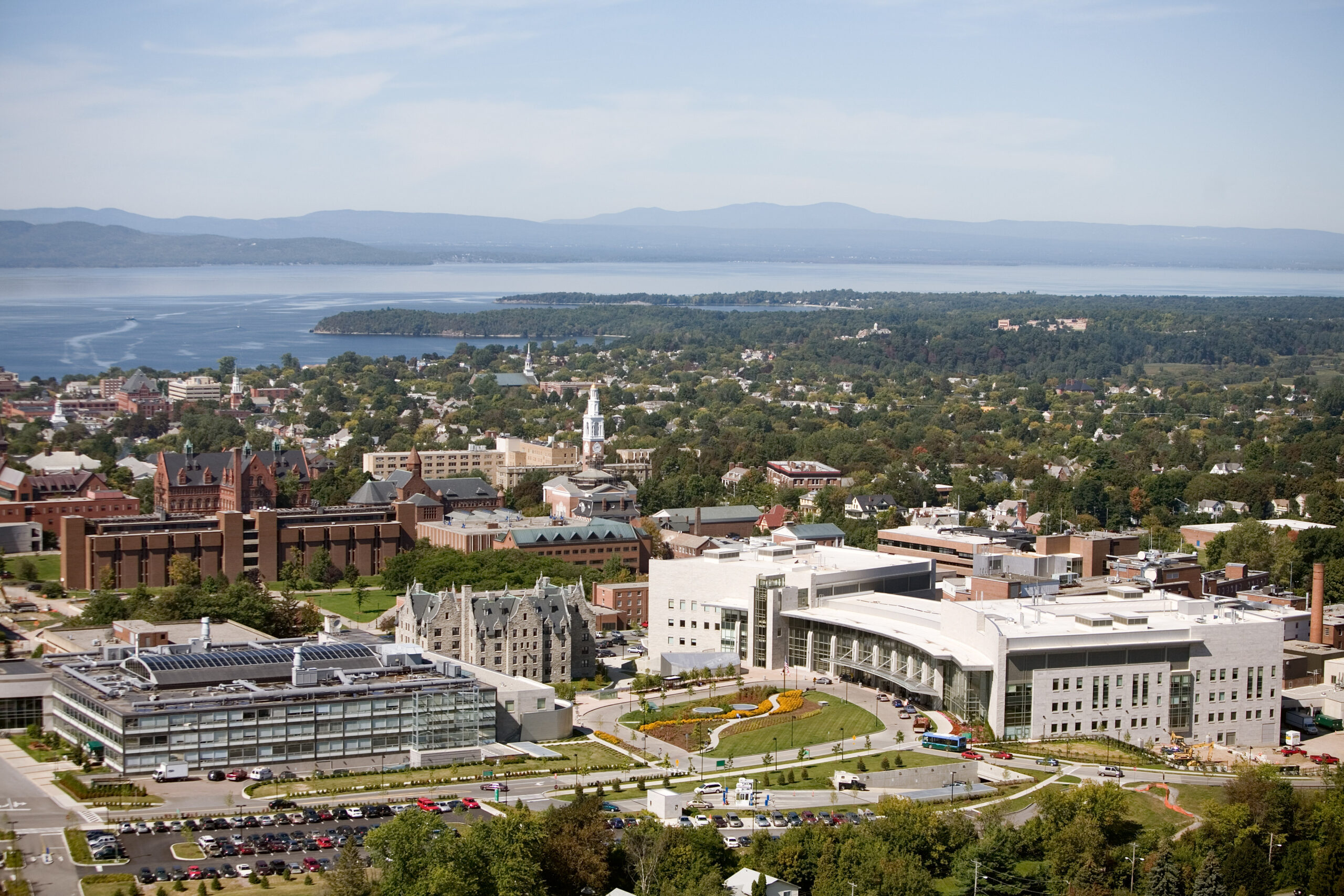GAINESVILLE, Fla. — The University of Florida’s College of Medicine is one step closer to adding a new feather to its cap when it announced the selection of a construction manager for its new Harrell Medical Education Building. The school awarded a $30.3 million contract to Florida firm Charles Perry Partners, Inc. (CPPI). The contractor has previously done work for the university and its foundation, participating in projects involving the Veterinary Education & Clinical Research Center, UF Graham Center, Counseling & Wellness Center, Florida Innovation Hub, and the university’s Bookstore and Visitor Welcome Center, among others.
CPPI Director of Healthcare Operations, Vinnie Moreschi, voiced his excitement at being involved in constructing the building that will serve as the entryway for the College of Medicine. “Combining CPPI’s educational and health care experience together with our long-term relationship with the University of Florida, we are humbled to take part in this landmark facility that will serve as the cornerstone for UF’s medical college.”
Heery International designed the building and construction is scheduled to begin next spring, with completion targeted for October 2014. The four-story, 90,000-square-foot structure will feature state-of-the-art medical training equipment, including virtual reality surgery simulations, along with spaces designed for examining actual humans. The building will be named for the medical school’s founding dean, Dr. George T. Harrell. The project will begin in the spring of 2013, with a targeted opening date in October 2014.
This wasn’t the only good news for the institution. The University of Florida recently announced it took in the greatest haul of research funding in its history, excluding stimulus funding from the 2009 American Recovery and Reinvestment Act. The university received $638.6 million at the most crucial moment, when stimulus dollars were starting to dry up. The largest chunk of funding, $361.1 million, was designated for medical research, a 11.6 percent improvement over the prior year, excluding one-time stimulus funding.
“Our funding success is evidence that our scientists are attracting attention for the major role they play in basic, translational and clinical research that generate medical advances having a positive impact on patient health and quality of life,” said Dr. David S. Guzick, UF’s senior vice president for health affairs. “By focusing on the recruitment and retention of superb investigators and providing them with a scientific environment in which they have thrived, we have fared well at a time when federal funding nationally is flat at best.”
One of the largest awards included $13.4 million for research on improving the lives of older Americans, by finding ways to increase their physical activity.





